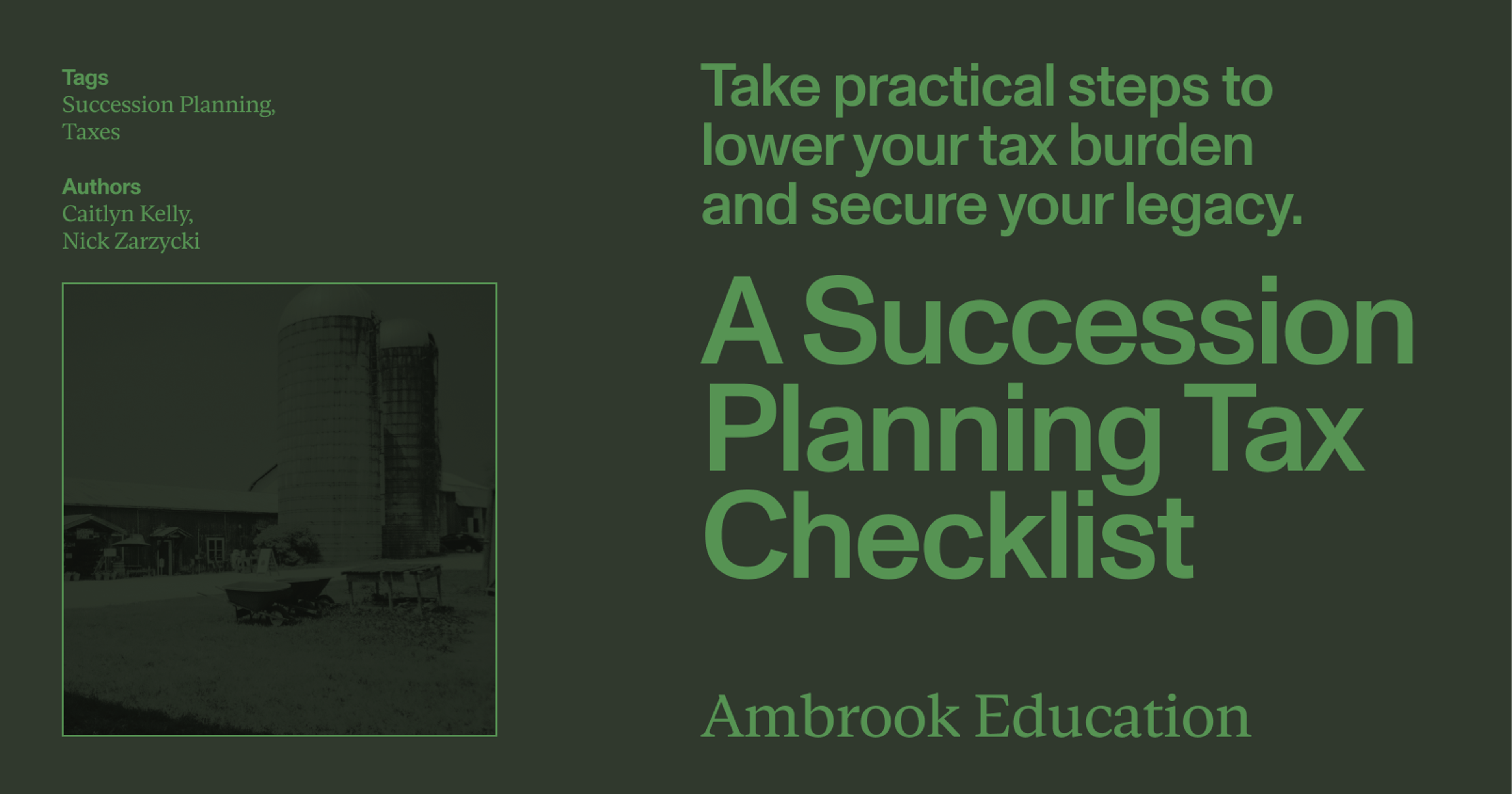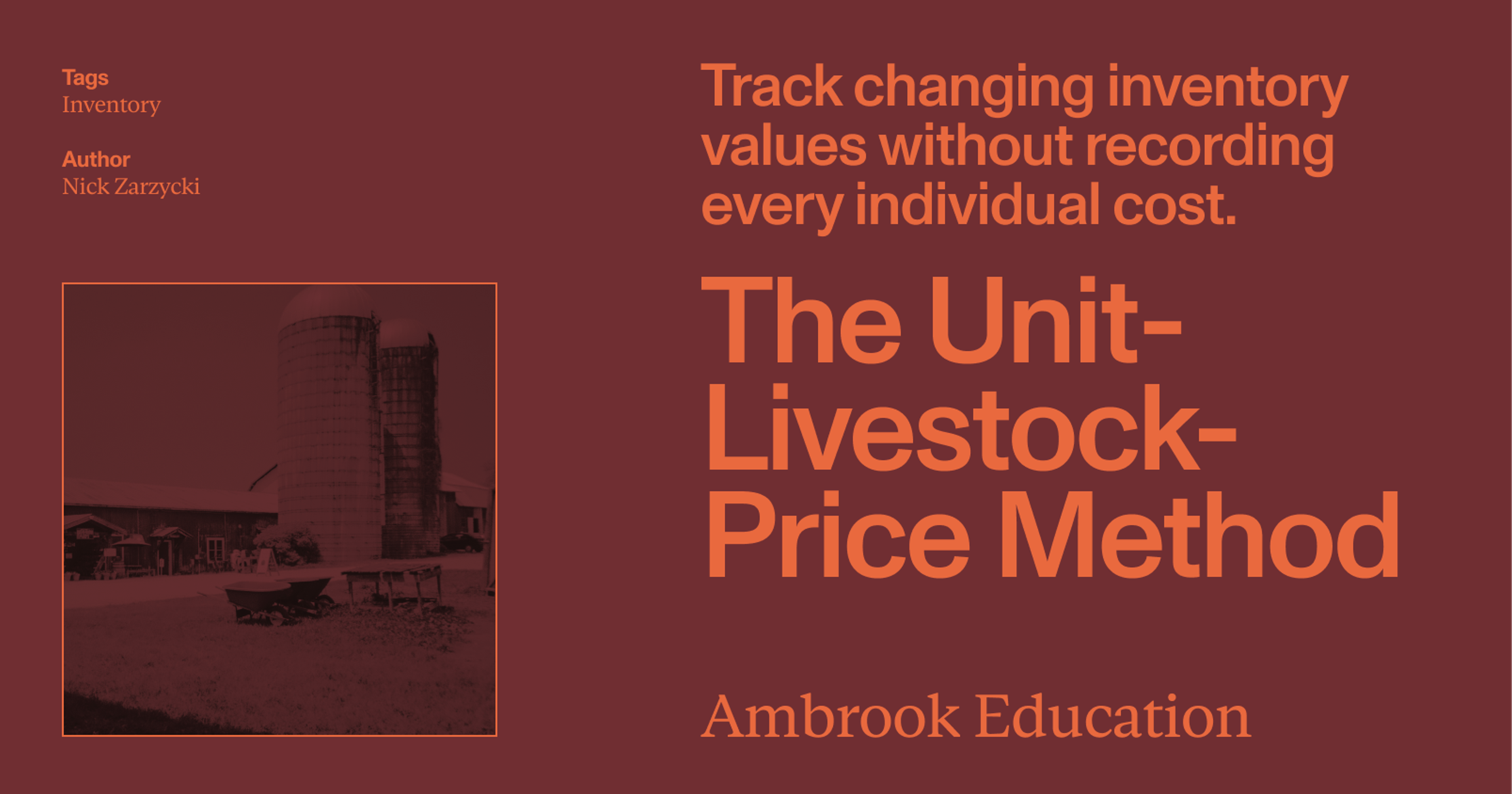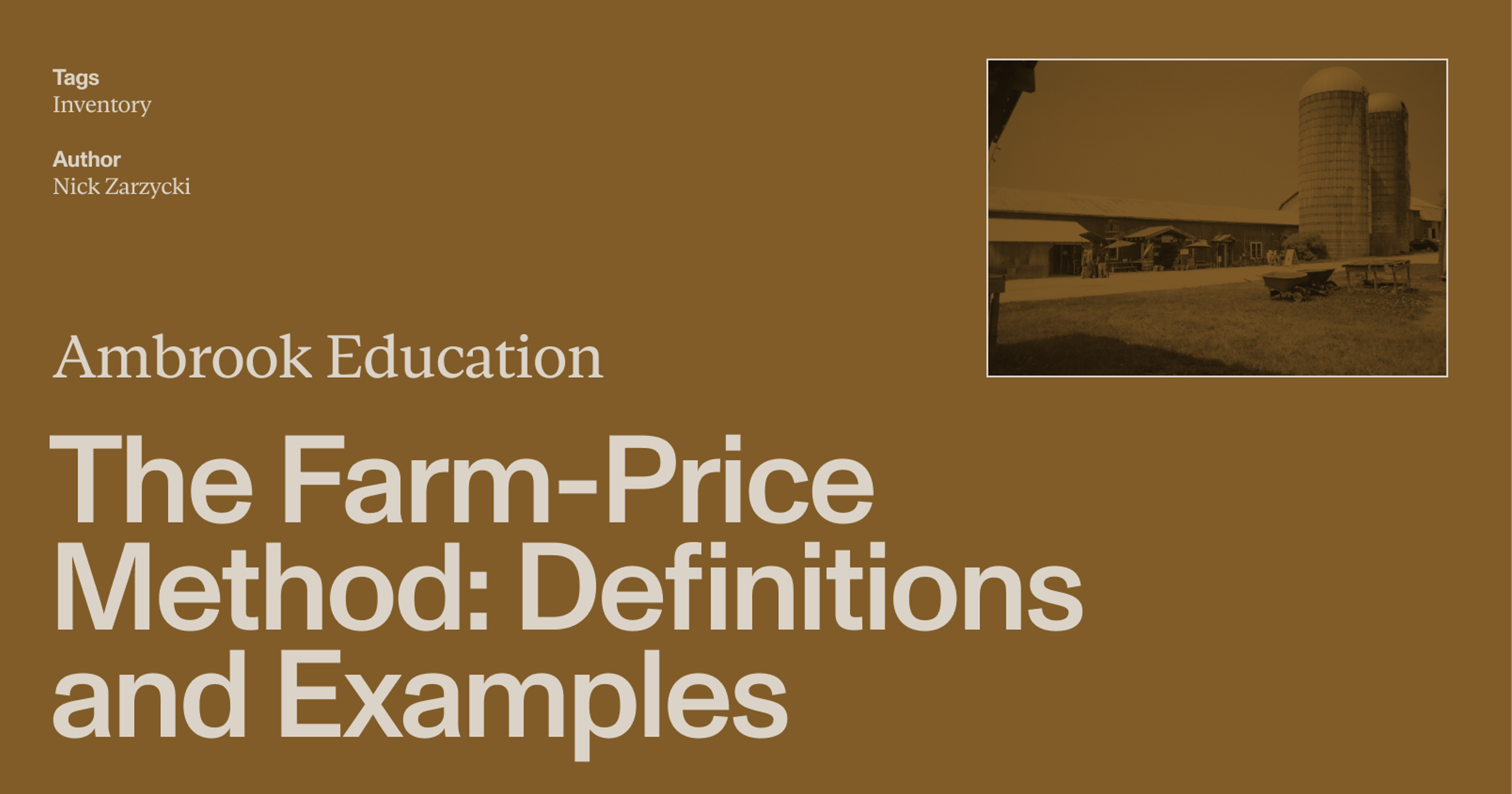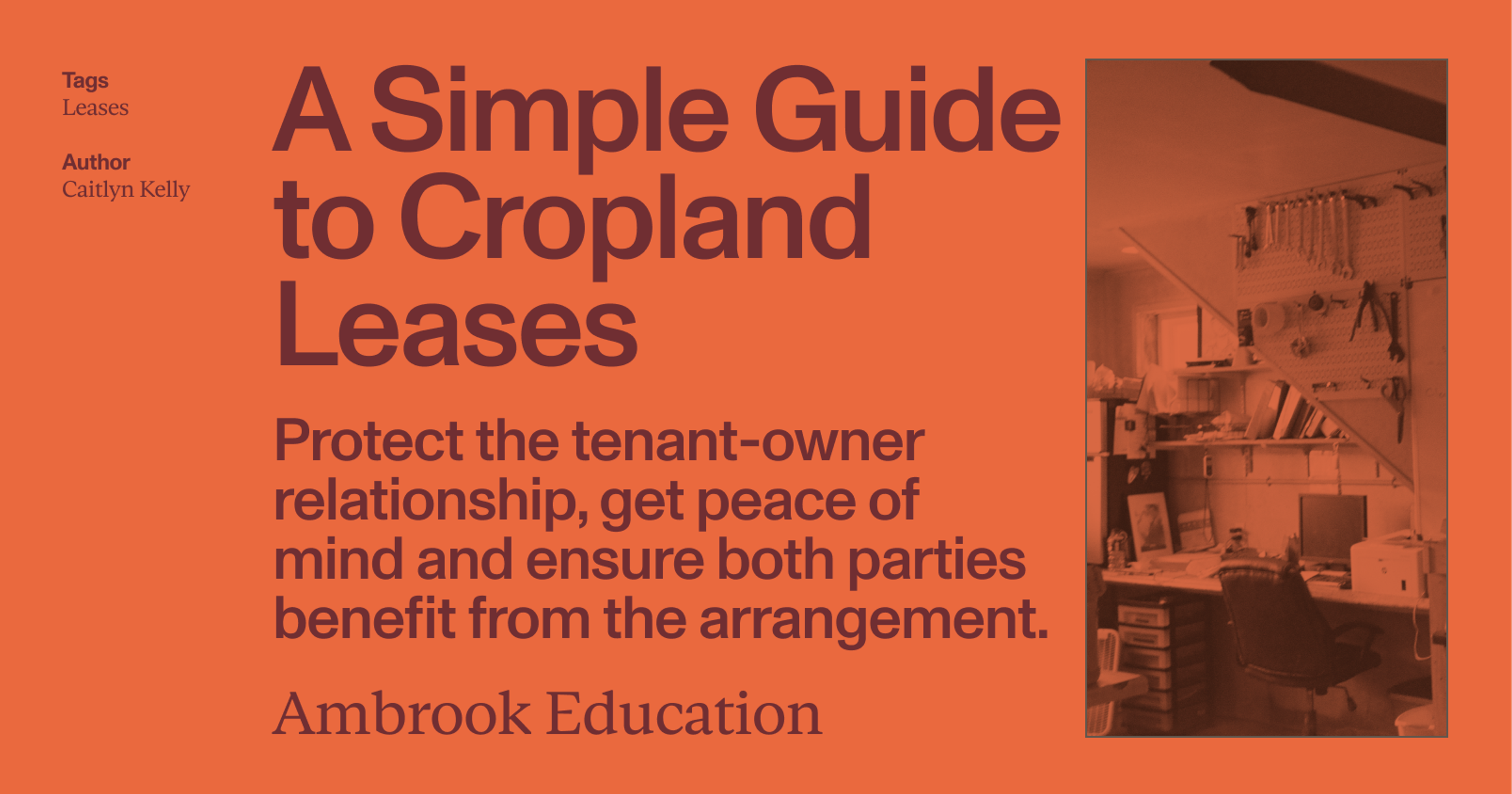Getting these documents together before meeting with an expert can save you time and money and lead to better decisions.
Arriving at your first meeting with a succession planning professional with a complete and well-organized set of financial and legal documents is essential. You’ll feel prepared and in control, which often leads to better decisions, and doing so can also save you time and money, because your session will focus on strategy instead of paper hunting.
In this guide, we’ll walk you through the process of gathering your paperwork before your first meeting with a lawyer, financial advisor, or succession planning consultant. We’ll also address common questions or problems that may arise during this process and help you prioritize key documents to save time and effort.
Before you get started
Before diving into paperwork, it’s important to open lines of communication with family members, co-owners, and business partners to understand shared goals and expectations. These initial discussions lay the groundwork for a smoother transition.
The next step is to establish an easy-to-use and secure method for storing documents, such as a physical binder, a cloud storage solution containing digital copies and scans of documents, or a mixture of both. Make sure to keep originals safe (preferably in a fireproof location or safe deposit box) and make sure copies are accessible to relevant parties just in case.
Step 1: gather personal documents
It’s essential to have a complete understanding of your personal financial and legal situation. Some documents you should bring together (in order of priority) include:
Core legal documents (high priority)
These documents are the most urgent, establishing your legal rights and clarifying your intentions regarding personal matters and decision-making. Advisors and family members need them upfront to understand authority, intent, and key relationships.
Will - Updated within the last 3–5 years (or after major life changes) to reflect current wishes.
“What if my will is outdated?” → Bring them anyway! Your advisor will flag what needs to be updated.
Trust Documents - Include all active trusts, amendments, and related correspondence.
Power of Attorney - Include all applicable types (financial, asset management, healthcare). Make sure they are current and valid (notarized).
Living Will & Advance Directives - Detail your medical care preferences if you become unable to communicate your decisions.
Vital Records - Birth, death, marriage certificates, and divorce decrees. These documents are often needed for legal verification and transfers.
“Do I need originals?” → Bring copies for review. Keep originals safe in a fireproof box or safe deposit box.
Personal financial records (medium to high priority)
A clear picture of your personal finances helps advisors understand your assets, liabilities, and overall financial health, and advisors usually can’t give accurate guidance without it. These are important documents, but they’re lower on our list because they can usually wait until after the first meeting.
Personal Financials - This includes bank accounts, investment accounts, retirement accounts (401(k), IRA, and pension plans.
Loan Documents - Any debts owed by you or loans made to others. Include balances, terms, and repayment schedules.
Personal Assets List - Real estate, vehicles, equipment, collectibles, and other tangible or intangible assets. Include approximate values where possible.
“Do I really need to include personal items like vehicles and collectibles?” → Include anything of financial or sentimental value. Even small assets can cause family conflict.
Insurance & health records (medium priority)
Health and insurance information ensures that advisors and family members can plan for medical expenses, risk management, and long-term care needs, and getting a hold of them early helps anticipate risk obligations.
Insurance Policies - Life, health, disability, liability, and long-term care. Include any beneficiary information.
Health Records - Key family health history and personal medical records that may impact planning decisions.
Secondary & supporting documents (low priority)
These are useful for completeness and verification, but aren’t typically urgent for initial planning or advisory meetings. Collect them once you have the foundational documents discussed above.
Historical Tax Returns - From the last 5-7 years.
Gift or Transfer Records - For tax planning.
Other Legal Agreements & Contracts - Prenuptial agreements, settlements, or contracts not related to your investment in the operation.
Step 2: gather documents for the business
These materials differ from personal records because they reflect the complexities of running an agricultural operation, which may involve multiple income streams, shared ownership, land-based assets, and evolving operational risks. Having a complete and accessible set of business records ensures that successors and advisors can understand those complexities and make informed decisions.
If you (like many other farms and ranches) have operated for years without any formal agreements in place, don’t be embarrassed! Many family operations run on handshake deals. While this can work in the short term, it creates risk in the succession process. Advisors can help formalize what’s been working so it holds up legally in the future.
Control, transfer & continuity documents (very high priority)
These are the most critical documents for succession and define what happens to the operation if a key decision-maker retires or passes away. They include:
Current & Prior Succession or Transition Plans - Even if incomplete, bring drafts.
Powers of Attorney - Financial and asset management. Make sure they are current and valid (notarized).
Buy-Sell Agreements - If multiple owners are involved.
“Not all family members/owners want to share documents.” → Frame document gathering as neutral. You’re not making decisions yet, just preparing.
Insurance Beneficiary Designations
Contingency Plans - For sudden loss or incapacitation of key personnel.
Core financial records (high priority)
These records provide a clear picture of the operation’s financial health and are essential for business valuation, tax planning, and continuity. They include:
Business Bank Accounts - Checking, savings, and investment accounts information.
Business Tax Returns - Last 3-5 years, both federal and state.
Financial Statements - Profit & loss statements, balance sheets, and cash flow reports.
Loan Documents - Details of liabilities and any money lent by the business.
Business structure & legal organization (high priority)
You will also want to gather documents that explain the business structure and that define the legal framework of the operation, particularly how it is owned and managed. These can include:
Entity Formation Documents - Articles of Incorporation or equivalent, Certificate of Formation, and any partnership agreements.
“The operation has multiple entities. Where do we start?” → Gather anything you can find, your advisor will help you sort out what is most relevant.
Operating Agreements or Bylaws - Define ownership and management structure. Applicable for LLCs, corporations, and partnerships.
Ownership Ledger or Capital Accounts - This illustrates share distribution or ownership percentages.
EIN (Employer Identification Number)
Business Licenses & Permits - Local, state, and federal.
Payroll & Personnel Records - Employee contracts, wage & hour documentation, job descriptions, and SOPs (systems of process).
Asset & liability records (medium priority)
These documents provide a comprehensive inventory of all assets and liabilities—for example, what the business owns and owes. They are important, but you won’t necessarily need them on day one. They might include:
Detailed List of the Operation’s Assets - Land, buildings, operational infrastructure, livestock, crops, vehicles, and equipment.
Property Deeds & Legal Descriptions - With easements and encumbrances.
Leases - Land leases, grazing permits, and government contracts.
External Contracts - Any signed agreement with an outside business or individual, such as crop contracts, custom work agreements, suppliers, and storage or processing agreements.
Easement Agreements - Conservation, utility, and right-of-way.
Vehicle & Equipment Titles - With VINs and serial numbers.
Vehicle & Equipment Insurance Policies
Utilities - Account numbers, service agreements, and recent statements.
Feeling overwhelmed?
Producers often delay scheduling with an advisor until they feel “ready,” which can delay planning for months or even years. But don’t wait! If you only have time to pull together a few items before your first meeting, focus on the following ten documents:
Will
Powers of Attorney
Living Will/Advance Directives
Vital Records
Business Tax Returns (3–5 years)
Business Financial Statements
Entity Formation Documents
Operating Agreements/Bylaws
Buy-Sell Agreements
Current Succession/Transition Plan
These core documents will let advisors start building a strategy immediately, and you can fill in the rest as you go. Even if you think your records are a mess, bring what you have–most professionals have seen it all and are used to dealing with information gaps.
Make succession smoother with Ambrook
Getting your paperwork together–including a set of well-maintained financial records–empowers you, your family, and your advisors to make decisions based on facts rather than assumptions.
With time-saving bookkeeping automation features, automatically-generated financial reports, streamlined bill pay and invoicing, and other powerful accounting and financial management tools, Ambrook is more than just a bookkeeping and accounting tool. It takes the guesswork out of running your business. Want to learn more? Schedule a demo today.
Want to learn more about Ambrook?
This resource is provided for general informational purposes only. It does not constitute professional tax, legal, or accounting advice. The information may not apply to your specific situation. Please consult with a qualified tax professional regarding your individual circumstances before making any tax-related decisions.








